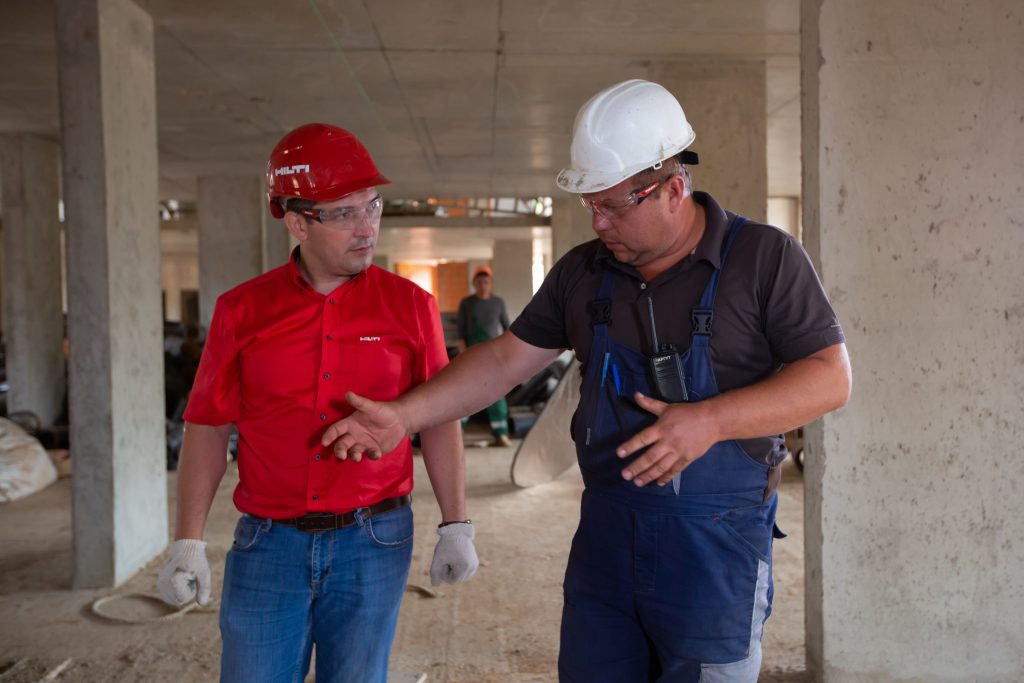
Our townhome and condominium association clients are required to commence with multiple construction projects to meet the needs of their members. These primarily involve roofing or repainting projects but can also include upgrading amenities and common areas, improving security systems, or even improving energy efficiency through insulation or solar panel installations. Despite spending millions of dollars on these projects, we have come across many communities that moved forward without an attorney, or even a contract at times. While it may be tempting to try and save on legal costs, the reality is that often, the company you contract with will not be the one performing the work.
In seeking out competitive bids, our clients often rely on their management partners to connect them with trusted contractors that can complete these projects. These partners are usually general contractors, which tend to be a larger company that works with various specialized subcontractors. General contractors will hire a subcontractor with the goal of ensuring that that each aspect of the project is handled by professionals in that specific field of construction. Moreover, subcontractors normally have their own equipment and teams, thus, expediting the construction process.

While the specifics may depend on the written contract, general contractors are typically responsible for the work and actions of their subcontractors. But reality is not always so black and white. In Summer Key Condominium Association, Inc. v. D.R. Horton, Inc., national builder D.R. Horton, as the general contractor of a project, did not take responsibility for their subcontractors’ actions. In this situation, Summer Key hired Horton as their “licensed general contractor”, meaning that they had a non-delegable duty to ensure compliance with the Florida Building Code. They also had the responsibility to supervise, direct, manager, and control the construction toward that end.
The issue arose because D.R. Horton argued that they were not at fault for the actions of the subcontractors, and contended that both Summer Key and D.R. Horton share the fault. Ultimately, the court rejected this argument and held that D.R. Horton was responsible.
Hiring a general contractor to supervise and manage all aspects of an extensive construction project can be a sensible and cost-effective solution for boards and their management partners. However, we have seen situations where the subcontractors hired by reputable and qualified general contractors produced less than stellar work. We have represented our communities in drafting, negotiating, and ultimately enforcing multi-million dollar construction projects. We have even navigated the bonds claim process. The best way to limit liability and exposure, and encourage prompt and quality completion of a project is to get your attorney involved during the bid process, well before any work commences.